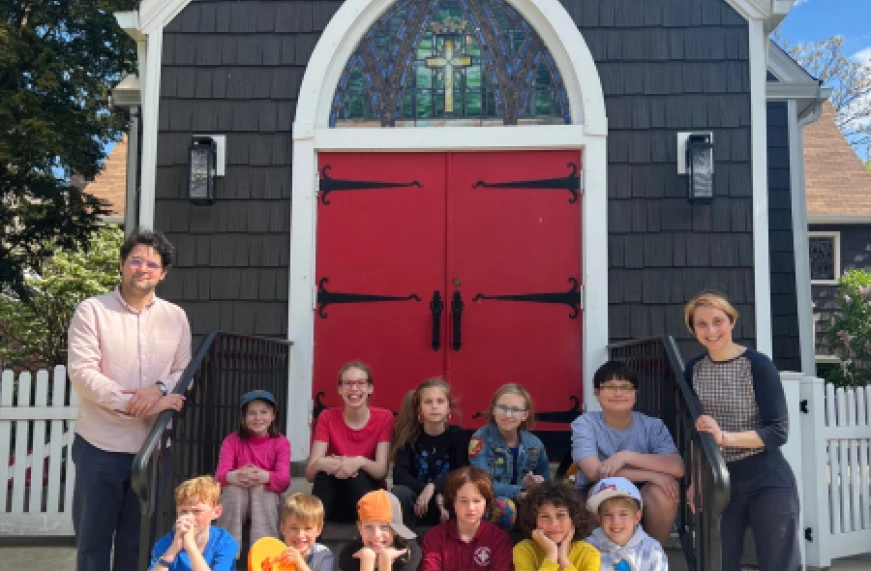Holy Apostles was featured in an article in the Episcopal News Service (ENS) April 15, 2025 !!!
The article by Shireen Korkzan, Brooklyn’s Holy Apostles church engages children with after-school education, puppetry can be viewed on ENS' website at https://episcopalnewsservice.org/2025/04/15/brooklyns-holy-apostles-church-engages-children-with-after-school-education-puppetry/.
Here is a video of a This Little Light service:


